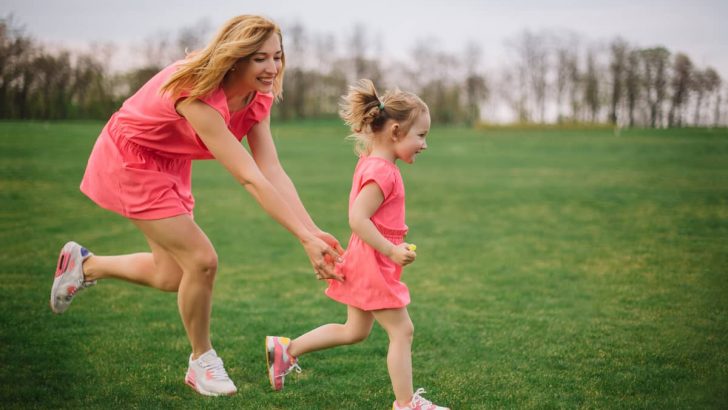By trying to protect children from all dangers, obstacles, hurt feelings and fears, our culture has deprived them of the opportunity to become successful adults.
The principle is simple: this generation of children must be protected like no other until now.
They’re not allowed to use tools, they’re not allowed to play on the grass, and they certainly shouldn’t be expected to be able to resolve an argument with a friend on their own.
That’s why we have safe zones on student campuses and millennials who can never enter the adult world.
We explained to a whole generation of kids that they can never be safe enough, and they believed us.
Of course, we had the best of intentions.
But our efforts to protect them came back like a boomerang.
When we raise children who aren’t used to facing risks, failures and hurt feelings alone, it endangers not only our society, but also our economy.
And yet, the modern way of educating and the laws are designed precisely to carefully nurture unpreparedness.
It is feared that everything children see, do, eat, hear and lick could harm them.
And through higher education, we fear that words and ideas themselves could be traumatizing.
How do we believe that a generation of children is not capable of handling the challenges of growth?
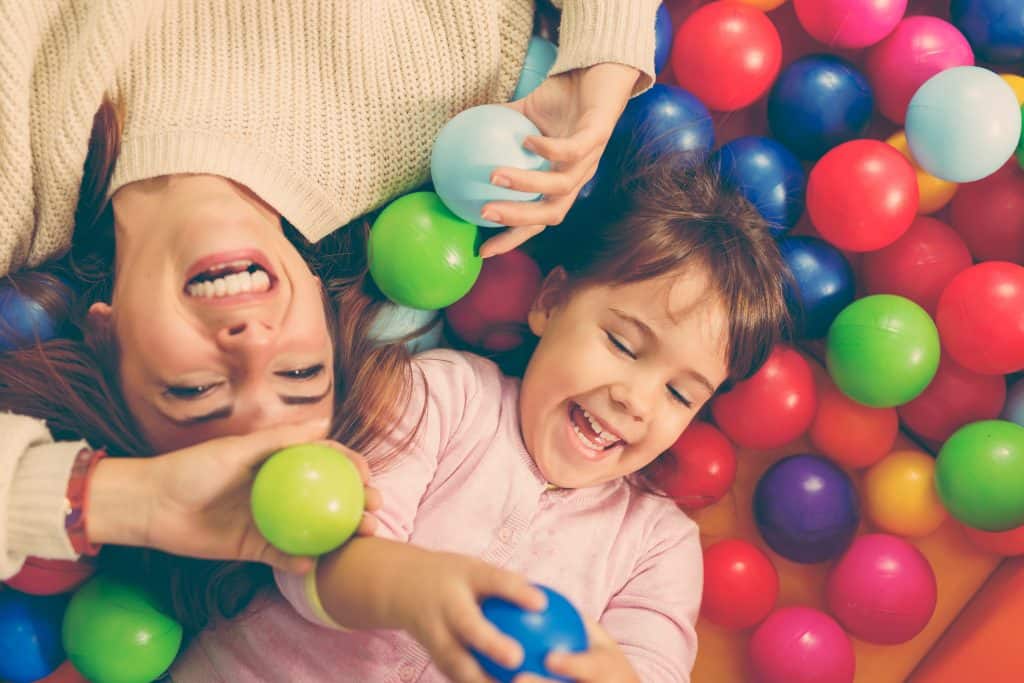
Since the 1980s, childhood has changed.
For a number of reasons, shifts in parental perceptions, new educational standards, more regulation, technological advances and a growing fear of abduction developed.
Children have lost most of their opportunities to experience unsupervised play, to explore, to resolve conflicts on their own.
This has made them more fragile, sensitive and dependent on others.
They’ve been taught to rely on authorities to solve their problems, and that others will protect them from harm.
This is what we call moral dependence.
All this threatens openness and adaptability, qualities young people need to succeed in college and beyond.
Since they’re just starting out in school or in their careers, unaccustomed to frustrations and misunderstandings, it’s natural for them to be over-sensitive.
Since they haven’t developed the ability to overcome obstacles, every molehill is a mountain for them.
Exaggerating dangers is commonplace among today’s students.
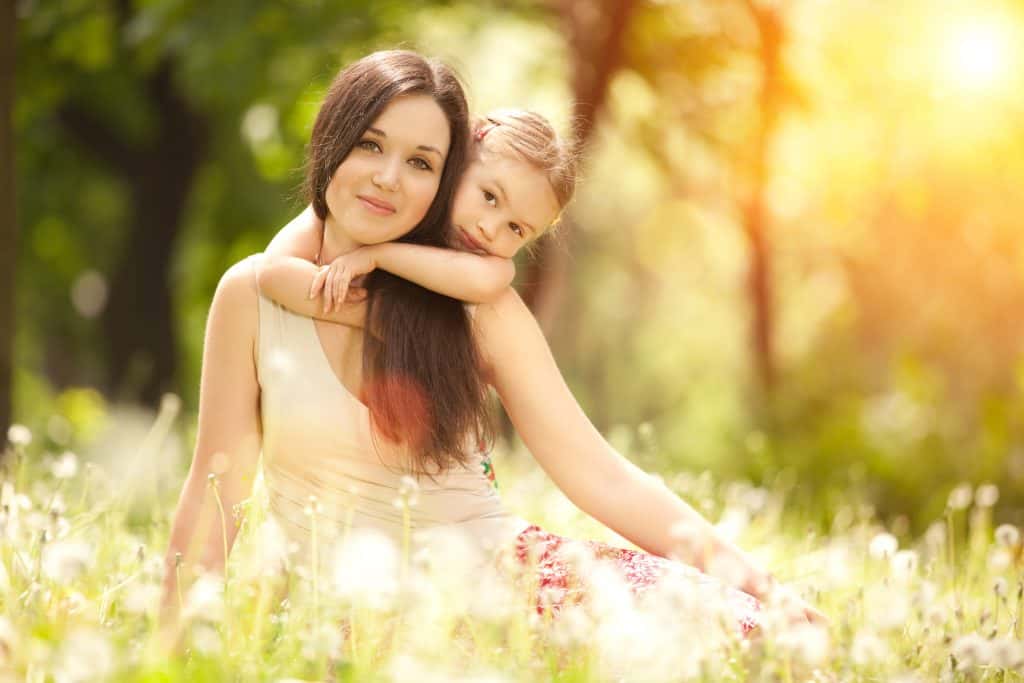
It no longer matters what the person meant or how a reasonable listener would interpret it, but it only matters if someone felt offended by what was said.
If so, the speaker has committed a “microaggression” and the offended party’s rather subjective reaction is a legitimate reason to appeal to the dean or the bias response team.
As a result, students and professors today feel as if they’re walking on eggshells.
This hinders free thought and open expression of opinion – key elements of higher education.
Knowing what it’s like at university, what can we say about children who are still at school and are constantly reminded that they can accidentally hurt others with their words?
When today’s eight-year-olds become university-bound eighteen-year-olds, will they consider freedom of expression worth protecting?
Parents, teachers and professors talk about the growing fragility they see.
It’s hard not to conclude that overprotection of children and hypersensitivity of students are two sides of the same coin.
By trying too hard to protect our children, we protect them too much from success.
Children on a leash

If you’re over 40, you probably had a lot of free time as a child – after school, on weekends, during the summer.
Now, you could probably talk for hours about how you played in the woods or rode your bike until it got dark.
Today’s children are raised like calves.
Only 13% of them walk to school.
Those who travel by bus wait at the station with their parents acting as bodyguards.
After school, the children don’t come back with a key around their neck and stroll around the neighborhood.
Instead, they’re locked into organized, supervised activities.
Even if they want to send their kids out and tell them not to come back before dinner, it’s not as easy as it used to be.
There will often be no other children to play with.
Parents who think it’s good for kids to run out and get bread or play ball in the street are discouraged by various pastors, police officers and social workers who equate “unsupervised” with “carelessness and endangerment”.
Dangerous things

And yet we don’t feel any safer.
A 2010 study showed that “kidnapping” is the greatest parental fear, although it’s far more dangerous for a child to be a passenger in a car.
Sometimes it seems our culture invents dangers out of nowhere, just so we have something to fear.
You may think your town is spared this exaggeration, but where’s the carousel in your park, where are the teeter-totters?
The Consumer Safety Commission even warns of hazards like rocks or stumps, which can trip your child.
The problem is that children learn through experience.
Only if you trip over a stump will you learn to look where you’re going.
The irony is that it’s actually dangerous not to walk, bike or jump over stumps.
A survey this summer revealed that 19-year-olds are just as active as 65-year-olds.
However, the consequences of keeping children at risk are not only physical, but also psychological.
Trophies and traumas
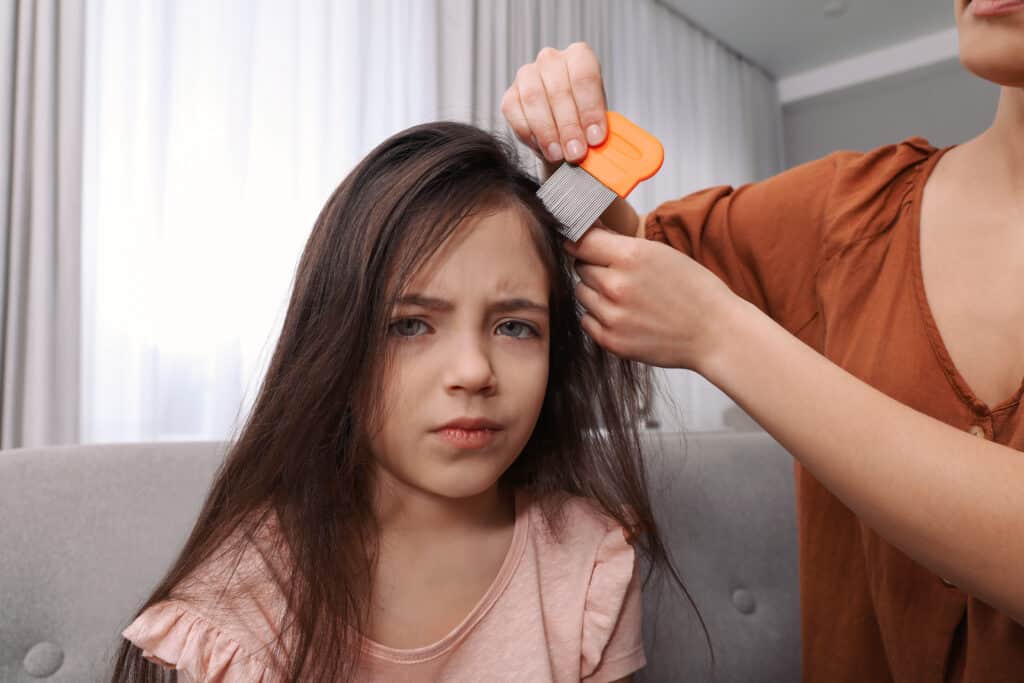
Free play has little in common with the free play we allow children today.
These are organized activities led by adults.
Children can only play freely in the absence of their parents.
Play is an exercise in life.
Is this the result of a culture that rewards participation?
It’s easy to ridicule a culture that teaches children to expect applause for everything they do.
But far more worrisome is the possibility that these participation trophies have made children unable to handle the fact that they’re not the best at something.
When you don’t allow your child to climb a tree because you’re afraid he’ll fall, you take away one of the classic experiences of childhood.
But when you overprotect him emotionally, you take away something else.
We’ve raised a generation of young people who haven’t had the opportunity to experience failure and realize that they can overcome it.
Of course, it’s natural that we want our children to be happy.
But the right path to happiness is no longer a eulogy; it’s achieved by developing emotional resilience.
Driven by our obsession with physical safety combined with our tendency to talk about “emotional safety”, we have systematically denied our children the thousands of difficult – and sometimes disturbing – experiences they need to acquire this resilience.
Play is most important
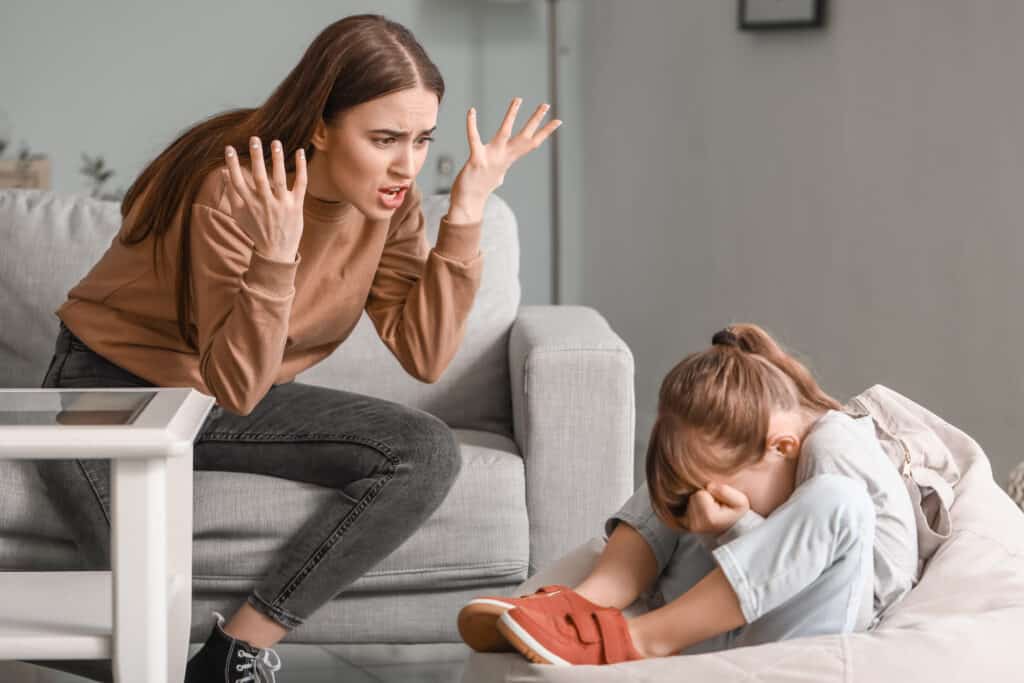
All mammals play.
Play is a natural instinct.
Hippos make rings in the water.
Dogs bring sticks.
Gazelles run like they’re playing with mange.
Why would they do that?
It’s how they burn precious calories and expose themselves to predators.
The reason must be that play is far more important to their long-term survival than mere safety.
In organized activities, such as a little soccer league, adults are in charge.
In free play, children of different ages decide for themselves what and how they’re going to work.
It’s true teamwork.
Smaller children desperately want to be like their elders, so instead of complaining when they don’t succeed, they pull on their heel veins to stay firm.
This is how maturity is learned.
Older children, on the other hand, are gentler when throwing the ball to the youngest.
This is how empathy is taught.
Better still, without adult intervention, children have to solve all problems themselves – which game they will play, how the two teams will be of equal strength…
And when it comes to discussion, they have to find a way out of their own problems.
It’s a skill that’s not easy to learn, but the desire to play motivates them.
No play, no fun

When parents deprive their children of independence, they not only deprive them of play, they also take away the pleasure of seeing their children do something clever, brave or noble.
When we don’t let our children do anything on their own, we can’t even see how capable they really are, and isn’t that one of the greatest pleasures of parenthood?
We need to help parents relax while living in a society that doesn’t allow them to do so.
Helicopter Parenting and the Loss of Problem-Solving Skills
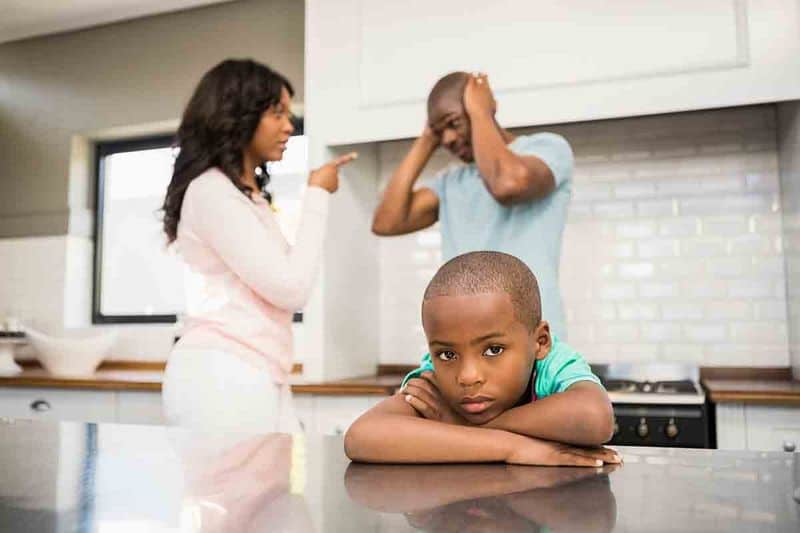
When every potential challenge is removed from a child’s path, they never learn how to handle setbacks on their own.
Helicopter parenting, with constant supervision and intervention, has created a generation that struggles to make independent decisions. From resolving playground disputes to navigating career choices, they’ve been conditioned to look to authority figures for solutions.
Without experiencing failure firsthand, they lack the resilience needed to push through difficulties—whether it’s a bad grade, a lost job, or a failed relationship. Instead of adapting, they often freeze, waiting for someone else to fix things.
So what should we do?
By trying to protect children from all dangers, obstacles, hurt feelings and fears, our culture has deprived them of the opportunity to become successful adults.
Society treats them as emotionally, socially and physically fragile, and they become so.
Children know that their parents had more freedom to move around on their own and more free time to read, master and explore.
They’re also aware that it used to be thought that children could take a few knocks, both in and out of school.
Hopefully, today’s children will begin to demand the same independence and respect.
After all, they’ve been robbed of their freedom.
Today’s children are safer and smarter than this culture thinks.
They deserve the freedom we had.
The future depends on it.

